As we all pause to pay tribute to the generations of Asian American and Pacific Islanders who helped shape our country’s success, we wanted to recognize the outsized impact our AAPI coworkers have had on the culture and accomplishments here at Bridgnext (formerly DEFINITION 6). Get to know these amazing Bridgenext’ers as they share some of the experiences and influences that have shaped their lives.
MAKO MENDOZA
Production Assistant
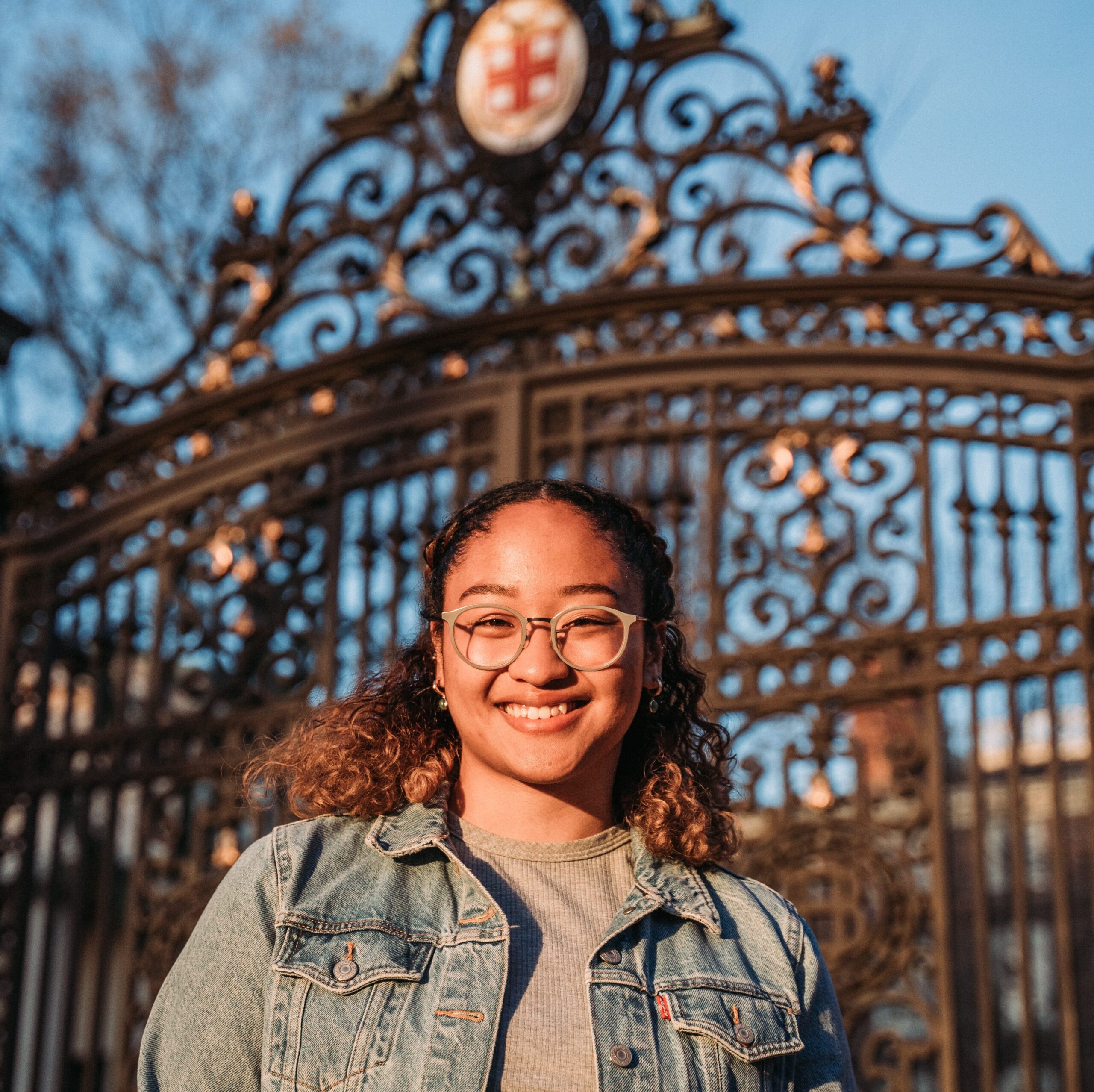
How do you identify within the Asian American and Pacific Islander community?
Japanese & Filipino (raised primarily Japanese)
How has your heritage shaped the person you are today?
So much of who I am today has been shaped or informed in some way by my cultural heritage. My mom is 100% Japanese and immigrated to the U.S. in her 20s, and my dad is half Japanese, half Filipino. We spoke Japanese at home, and my brother and I were raised with Japanese culture and traditions, from celebrating traditional Shinto holidays to the food we ate. Until I was 11 or 12, I attended Japanese language and culture school on Saturdays. Although I hated it at the time (school on a Saturday? Ick.), I look back in gratitude that I got the opportunity to foster my Japanese language skills and learn to appreciate the history and culture of my family and ancestors from thousands of miles away. Between my home, Japanese school, and my family’s yearly visits to Japan, I absorbed a lot of values that I carry with me today. Though at times, it has been difficult to balance the Japanese values I have been taught with the reality of living in an incredibly individual-centered Western society, I believe that these values of humility, discipline, respectfulness, thinking of others, and doing your best (ganbaru) have had a big role in shaping me into a person who I love being.
Who are the role models or mentors who have had the biggest impact on you?
My biggest role models are everyday Asian Americans and other people of color (especially Black and Indigenous POC) who live their lives shamelessly and fearlessly in a society that is too often unfriendly, unaccepting, and at worst, violent towards us for simply existing. In my experience as an Asian American growing up in a relatively friendly but primarily white town, assimilation was often a condition of acceptance in many spaces. While there was privilege to be found in being able to be accepted by my white peers for the cost of giving up my Asian lunches and rejecting the culture that my parents worked so hard to carry forward into my generation, as I grow older and reclaim what I had once rejected, I really look up to those who reject the pressure to assimilate. I also recognize that even the option to assimilate itself is a privilege, which is not extended to many other POC. I look up to those who recognize the importance of standing with and standing up for not only other Asian Americans, but all POC, as we seek to create a society in which we do not need to justify our existence, and do not need to work harder than others just to achieve the same level of access and recognition.
What brings you joy about your heritage and culture?
So many things about Japanese culture bring me joy, but none so much as the food! Beyond just the crowd-pleasing sushi and ramen, my personal favorite is unagi, which I have every time I return to Japan. When I’m sick, there’s nothing I crave more than some udon or a nice bowl of misoshiru with wakame and tofu. When I’m feeling lazy, my go-to meal is still just a bowl of rice with furikake sprinkled on top. When Japanese snacks started appearing in the U.S., I was (literally) a kid in a candy store: pocky, norishio chips, ramune candy… be still my beating heart!
What does showing up to support the AAPI community look like for you?
There are some more obvious ways of showing up to support the AAPI community like buying from AAPI-owned businesses and reading AAPI authors and supporting AAPI filmmakers, etc. But I believe that really showing up for the AAPI community requires showing up for AAPI at the intersections of other marginalized identities and positions of vulnerability. This means supporting the LGBTQ+ community and those that identify as AAPI within it, AAPI without adequate housing as well as their communities, AAPI and others with mental or physical disabilities, and AAPI who are low-wage service workers or unemployed. That’s by no means an exhaustive list, but supporting a marginalized community such as the AAPI community in any substantive way requires reckoning with structural problems that affect not only the AAPI community, but everyone who has been marginalized or made out to be an “other,” including other POC. So, showing up and supporting the AAPI community looks like showing up and supporting all of these other causes that are connected: through education, through financial support and mutual aid, volunteering and advocacy, and just being a good friend and neighbor.
GORDON CHEUNG
Manager, Media Monitoring & Reporting
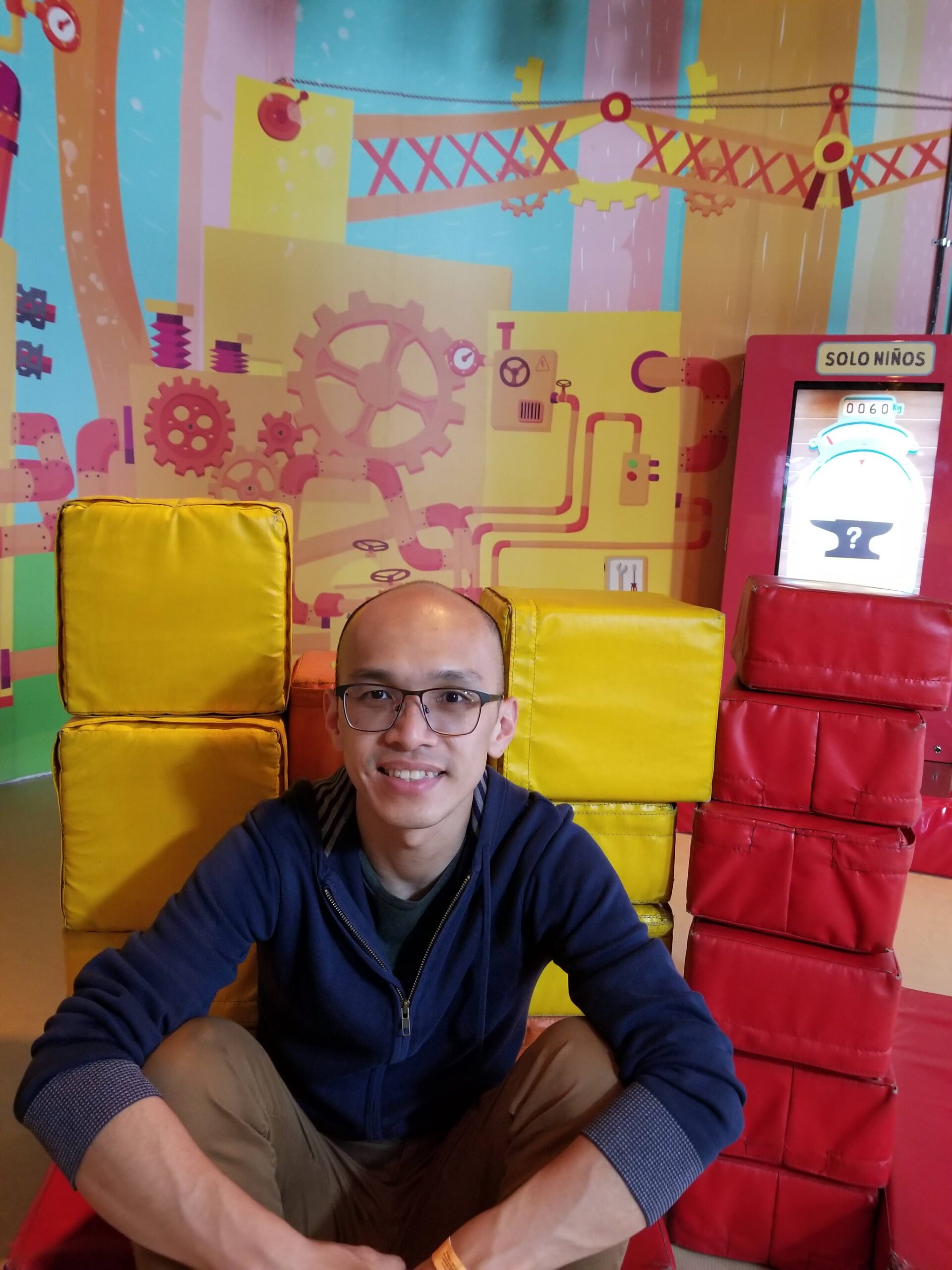
How do you identify within the Asian American and Pacific Islander community?
I am of Chinese descent, the first generation to have been born in the US. I grew up steeped in Chinese American traditions, fluent in both Cantonese and English, straddling two cultures which allows me to see the world through unique perspectives.
How has your heritage shaped the person you are today?
Being a son of immigrants, I understand the value of education and hard work. I’ve learned not to take things for granted as I’ve seen firsthand how so many in the immigrant communities had to struggle with basic things. Even as a child, I had to take on responsibilities such as interpreting legal documents for my parents or explaining American culture to them, while navigating so much of the world on my own as I figure out school and how to apply for college. I am all the better through all these experiences. I learned independence and responsibility, but also compassion and understanding for people who might not have been given as much privilege as me.
Who are the role models or mentors who have had the biggest impact on you?
My parents and grandparents raised me to be an honest and humble person. Their hard work to provide a comfortable living for me and my siblings is what instilled in me the work ethic I possess today.
What brings you joy about your heritage and culture?
The best way to enjoy my culture is through food. Not only is Asian food delicious and filling, but it is always shared with those we love and care about. There is a reason why this type of dining is called “family-style,” because everyone gets to partake in everything on the table. Everyone gets to share the same gustatory experience punctuated with stories and laughter. And rest assured that throughout the meal, your plate and teacup will be constantly refilled by whoever’s sitting closest to you. Just one way of letting you feel loved and cared for. You come out with a full stomach and heart.
What does showing up to support the AAPI community look like for you?
Support for the AAPI community includes recognition for our part in the building of this great nation. We should not be invisible, nor should we be the butt of jokes. Support means being represented in media, combating harmful stereotypes of weakness on one side of the pendulum or the “model minority” on the other side. Asians, just like any other race, come in all shapes and sizes and colors. We deserve to be heard, and seen, too.
ROSE BUTT
People OPs Coordinator

How do you identify within the Asian American and Pacific Islander community?
Pakistani-American
How has your heritage shaped the person you are today?
Learning more about my heritage helps me have a better understanding of who I am, and how I can grow as a person. I grew up without my father (who was from Lahore, Pakistan) and I always had so many questions about his side of the family. I have incorporated many fun traditions into my life that give me a sense of closeness to him. It’s shown me that there is always space to grow and learn.
Who are the role models or mentors who have had the biggest impact on you?
My mother was a key role model for me, she taught me to “lead with love,” She had the biggest heart, and she was such a compassionate person. Through her example, I have a better understanding of how to not only stand up for myself but also for those around me! On more than one occasion she would say, “You can’t always depend on others to do the right thing, but you can do the right thing.”
What brings you joy about your heritage and culture?
The Food! Growing up, I didn’t have the opportunity to try many authentic Pakistani dishes, so now as an adult I have done my best to incorporate more food from my culture into my life. The latest dish I’ve made is Aloo Matar, which is a vegetarian dish made with potatoes and peas.
What does showing up to support the AAPI community look like for you?
Researching the AAPI community is a wonderful way to start! If you don’t understand something, don’t be afraid to dive right in and research it yourself! There were many times in my own life that I was unsure of traditions involving my own culture, so I would do some research on my own. Look into a few books by AAPI authors to have a better understanding through their eyes, or try a new and tasty dish from an AAPI-owned restaurant.
KYU YANG
UX Design Director
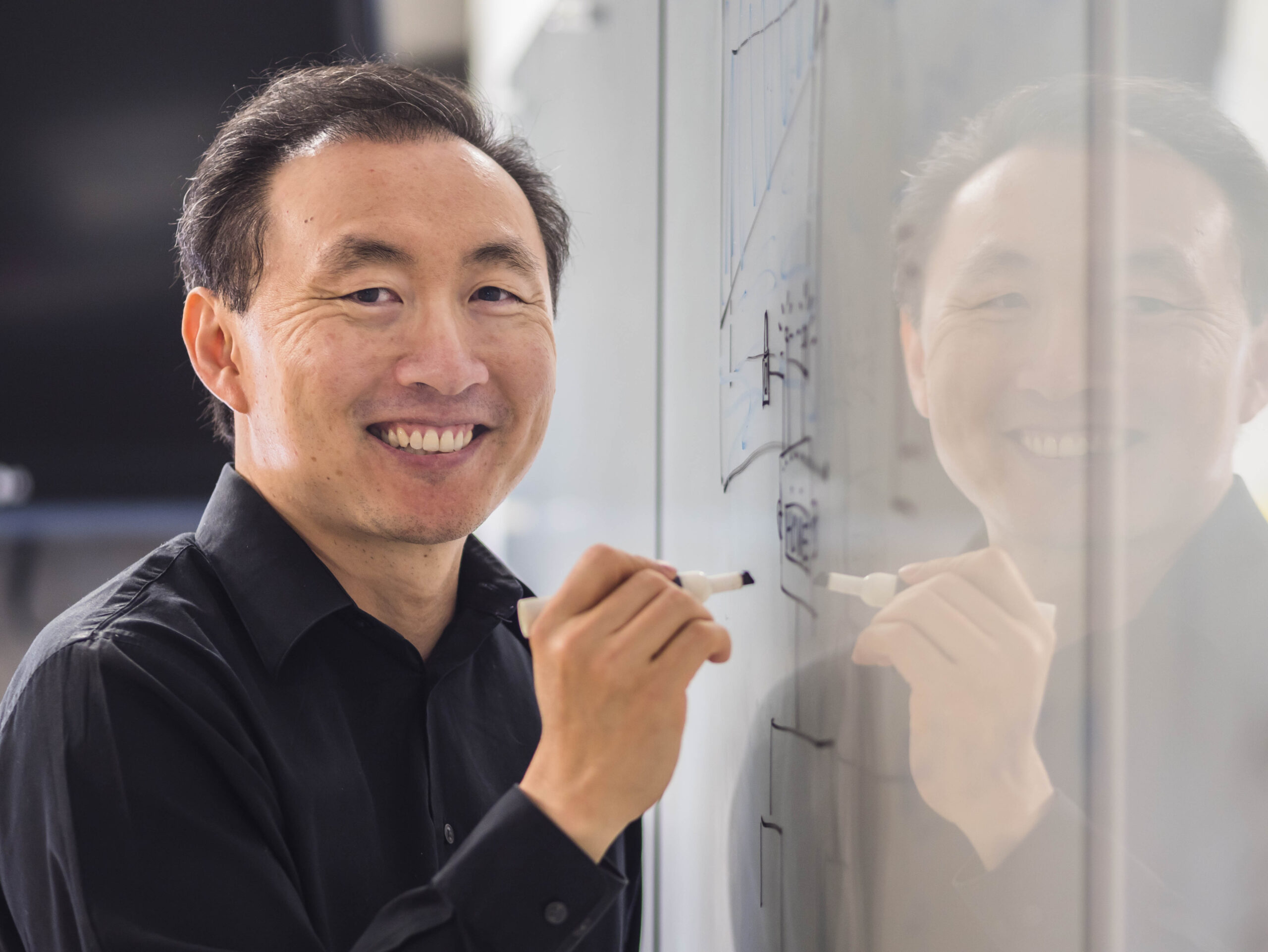
How do you identify within the Asian American and Pacific Islander community?
Asian-American
How has your heritage shaped the person you are today?
I think it has made me more empathetic to others of different heritage because I can relate to them more.
Who are the role models or mentors who have had the biggest impact on you?
My mentors were Mr. Lang, my junior high art teacher, and Ms. Triko, my high school art teacher. They instilled love of art in my life and are a big part in me pursuing in the field full of creativity.
What brings you joy about your heritage and culture?
The long history of ancestors that have made sacrifices to preserve the heritage and culture through trying times for us to prosper and the youth that now carry that burden in a welcoming way.
What does showing up to support the AAPI community look like for you?
It’s about learning and appreciating others’ heritage and culture and embracing their differences so that we can all come together in a more inclusive community.
BEN LAPINIG
Junior Editor

Who are the role models or mentors who have had the biggest impact on you?
Filipino-American
How do you identify within the Asian American and Pacific Islander community?
The obvious answer is my parents, but my two older brothers have had a huge impact on who I am today in a lot of ways. Whether it was them introducing me to all kinds of music and video games, or me having to keep up with their good grades (in stereotypical Asian fashion), a lot of my early life was shaped by them.
What does showing up to support the AAPI community look like for you?
Early on, I thought representation only meant on screen, and that was what I figured to be most important in regard to putting AAPI out there (and I still do think that is very important). But nowadays, I feel like representation is important in so many other ways.
The easiest and most fun way for me to support is to explore different restaurants and cuisines closer to me (in Queens). Supporting those businesses allow these places to share their cultures in the most universal language. Food.
MOLLY PIZZA
Email Marketing Coordinator

How do you identify within the Asian American and Pacific Islander community?
Korean-American
How has your heritage shaped the person you are today?
Growing up, I remember going to Korean Festivals with my grandparents and experiencing the food and culture. It was a unique experience to feel like I had a community to share in, as I couldn’t experience this in my everyday life. It wasn’t until I was older that I became aware of how special my heritage is and this gave me the ability to have a deeper appreciation for other cultures as well.
What brings you joy about your heritage and culture?
The food! Whenever the two sides of my family were together (one side Korean and the other Italian), the food cooked by my grandparents and my mom always had a way of bringing our cultures together and made me proud to share my culture with family.
WEILING NEO
Motion Designer/Animator/3D Artist
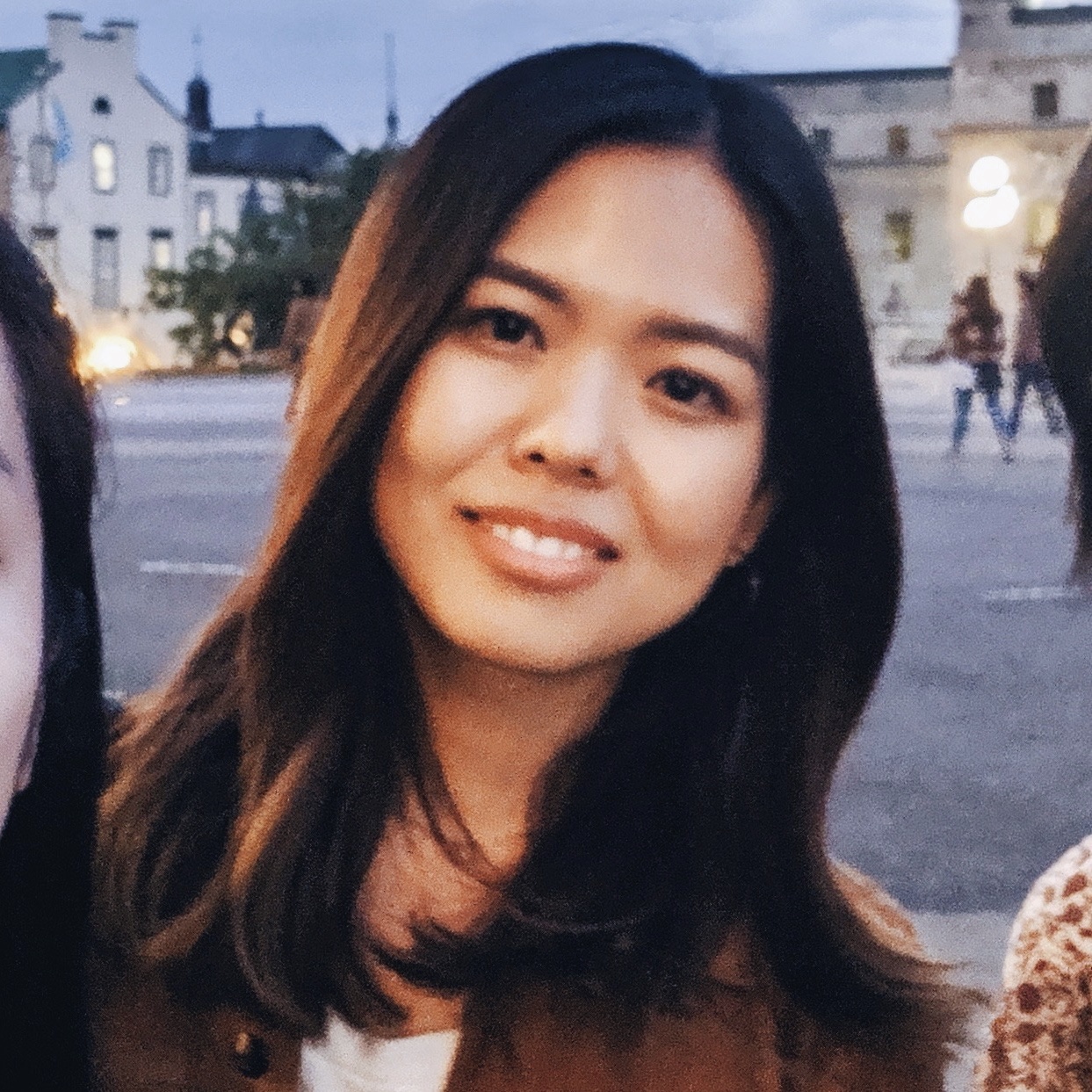
How do you identify within the Asian American and Pacific Islander community?
Born with Chinese ancestry, raised with Malay-Chinese aka (Peranakan), Indian cultures
How has your heritage shaped the person you are today?
Born and raised in Singapore, a multilingual and multicultural society home to people of many different ethnic backgrounds, religious and national origins, I understood that I lived in a non-homogenous environment. From an early age it is reflected in the food and music to the architectural buildings all around the city. My neighbors consist of people of Asian and European descent. I have three sisters and all of us were enrolled in an all-girls Methodist School. My parents raised us primarily with Chinese traditions, however due to the diverse make-up of Singapore, long old traditions are simplified, and we embraced others just like our own. English was the most spoken language at home, in school and with friends, while mandarin/dialect with my grandparents. We celebrate Chinese New Year and Christmas Day. Between my Buddhist grandparents, Christian values and beliefs shared by my mum and in school, political and education systems left behind by the British colonization era and a fascination of film and animation, I found myself in New York City at the age of 20. More than a decade in, I am thankful and appreciate the diversity of my heritage, as all of it certainly plays a role in shaping the person I am today. From an East meets West perspective, I have learnt to treasure both the Eastern values of humility, family and being conscientious as well as Western values of freedom, self-reliance, and directness.
Who are the role models or mentors who have had the biggest impact on you?
I have to say my grandpa. He is just the coolest and most caring person I know. In his lifetime he has set such a good example of how and what it is to be kind to others. He is never afraid to speak his mind and to stand up for what’s right. I used to be quite an introvert growing up, but my grandpa understood that and in his own way, always reminded me that there is strength in the quietness of being. He encouraged my creative side and bought me more art supplies when I needed them. Over time it has impacted the way I approach life settings to the way I work and treat others. He has since passed on and I’m grown now but this is one of the many valuable things that I take with me wherever I go.
On a larger scale, I respect and admire anyone regardless of job or background, that is creating and spreading awareness to help define and shape this community in their own way– could be through music, entertainment, art, design, events, etc. Personally, being in the moving images industry, watching a film like “Everything Everywhere, All At Once’ portraying a story of an Asian immigrant family in which every character had their own dynamic personality traits and quirks was a delight to see on the big screen, as it exemplifies a more accurate representation of the diaspora of AAPIs.
What brings you joy about your heritage and culture?
Food is an obvious answer, especially growing up in a cosmopolitan society, the variety and fusion of cuisines gets wild. So much of our culture is built and shared with food on the table. I grew up enjoying not just Singaporean food but also sushi, a good spicy Indian curry, and/or a BBQ session with family and friends. Unfortunately, Singaporean food can be quite hard to find in America but just to name a few popular dishes if anyone is curious – search for chili crab, nasi lemak, laksa and chicken rice
What does showing up to support the AAPI community look like for you?
Support AAPI owned businesses. Read, watch, and share their stories. Visit any AAPI museums in your city to learn more about the history and heritage of any marginalized group. Include them in school textbooks. Try a new type of cuisine, or even learn how to make it. Join an AAPI cultural event.
YIJUN JIANG
Junior Graphic Designer
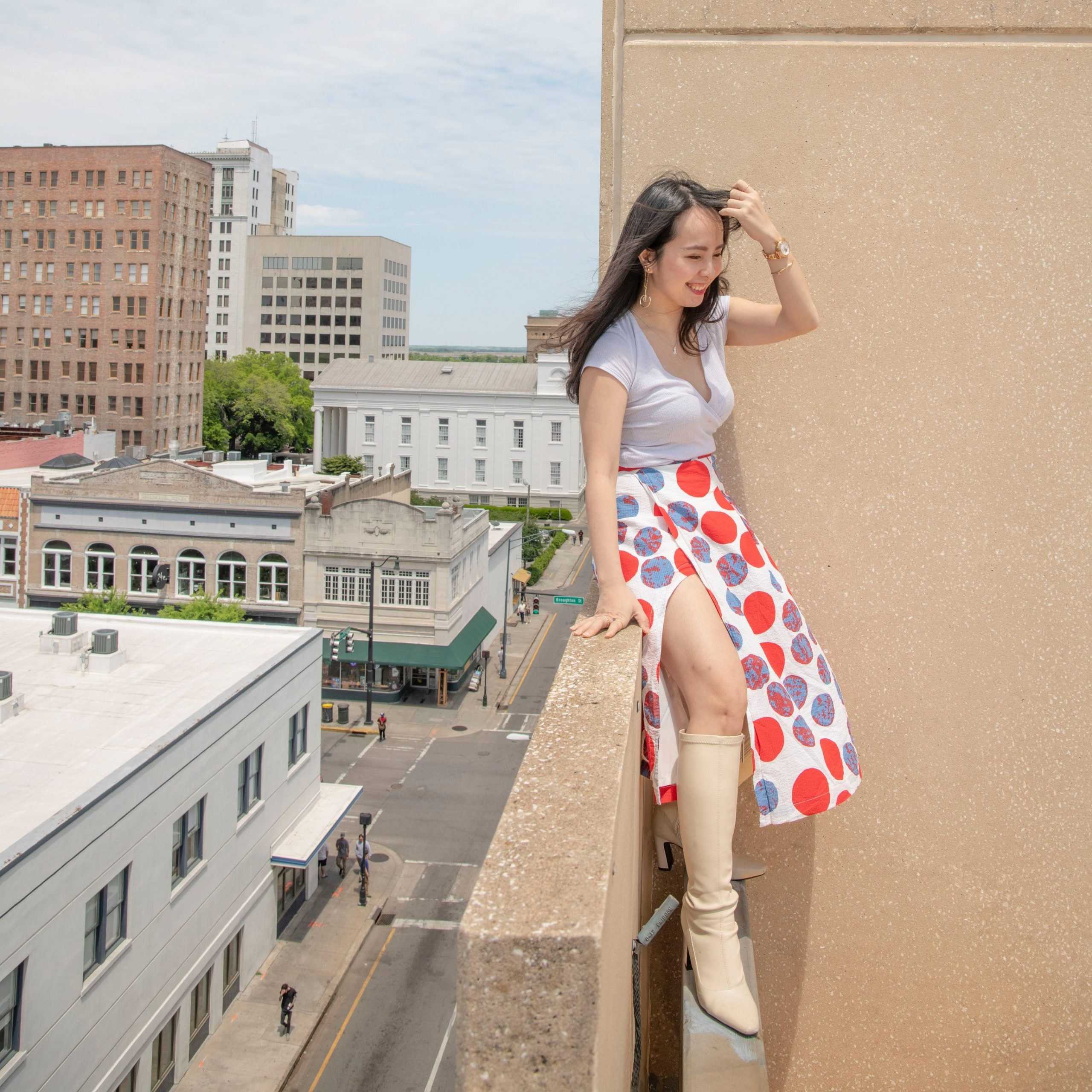
How do you identify within the Asian American and Pacific Islander community?
AAPI communities are a very diverse group of people. We share over 100 languages and of 50 ethnic group. The greatest common is our appearance, such as skin tone & eye color. We share some cultures, but there is always a lot to learn even we are in same community in a western.
How has your heritage shaped the person you are today?
The main factor that shaped my personality today is my family. As a Taiwanese, I live in an immigrant society with a diverse culture. We are proud Islanders. My parents always remind me to treat everyone with the kindest heart and hospitality, to be open and share with people. They say, “The obstacles we encounter in life make us better. Always do your best!”
Who are the role models or mentors who have had the biggest impact on you?
I secretly like Jolin Tsai. She is a singer and influencer; she brings a lot of controversial topics into her pieces like Ugly Beauty confronting Asian beauty standards and Womxnly for LGBTQ+ groups. Ang Le, the director of life of Pi, is a notable alumnus of my college, Taiwan University of Art. His works talk about controversial upset with a sense of sensibility such as topic of science vs religion. They both encourage me to have opinions and what we think matters as a content creator and a designer.
What brings you joy about your heritage and culture?
I love seeing more pop art, music, games, and movies that bring my culture and aesthetic to the table. The stream horror game like Detention & Devotion both talks about the history and culture of Taiwan in a more acceptable and entertainment way to international gamers and audience. I enjoy good stories and well execution effects as a designer.
What does showing up to support the AAPI community look like for you?
To give more voice to this group.
HAINA FNU
Digital Marketing Analyst
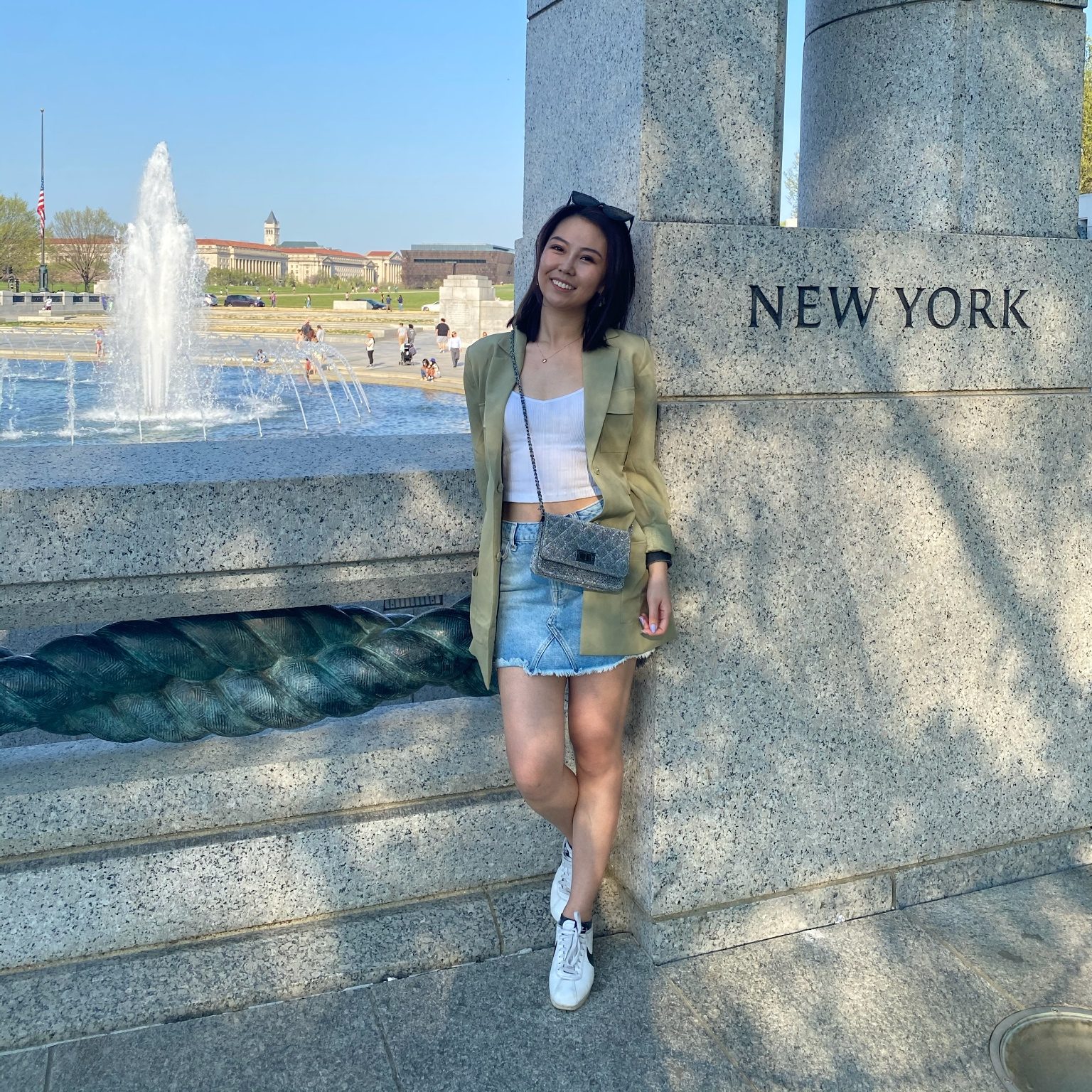
How has your heritage shaped the person you are today?
Growing up in a multi-culture community, my heritage differentiates me from the others and it helps me to appreciate more about where am from and who I am. It also makes me open minded and interested in learning about different heritage and cultures.
What brings you joy about your heritage and culture?
I think the language is the fun part. When I talk to different people, like my family and friends, I switch languages from Mongolian to Mandarin and English. I realized when I speak different languages, the way I’m thinking is also different. Sometimes I forget and I would mix different languages together without even realizing it. I also like different jokes about those three languages and you only understand them if you know the language.
What does showing up to support the AAPI community look like for you?
AAPI community has its own unique culture, and I would like to have more people get the opportunity to know about the AAPI culture. Sometimes people may have stereotypes about the AAPI community because they never get a chance to know them. AAPI month and events are definitely a great opportunity to bring others together and get to know each other’s culture. Food is always a good start!



